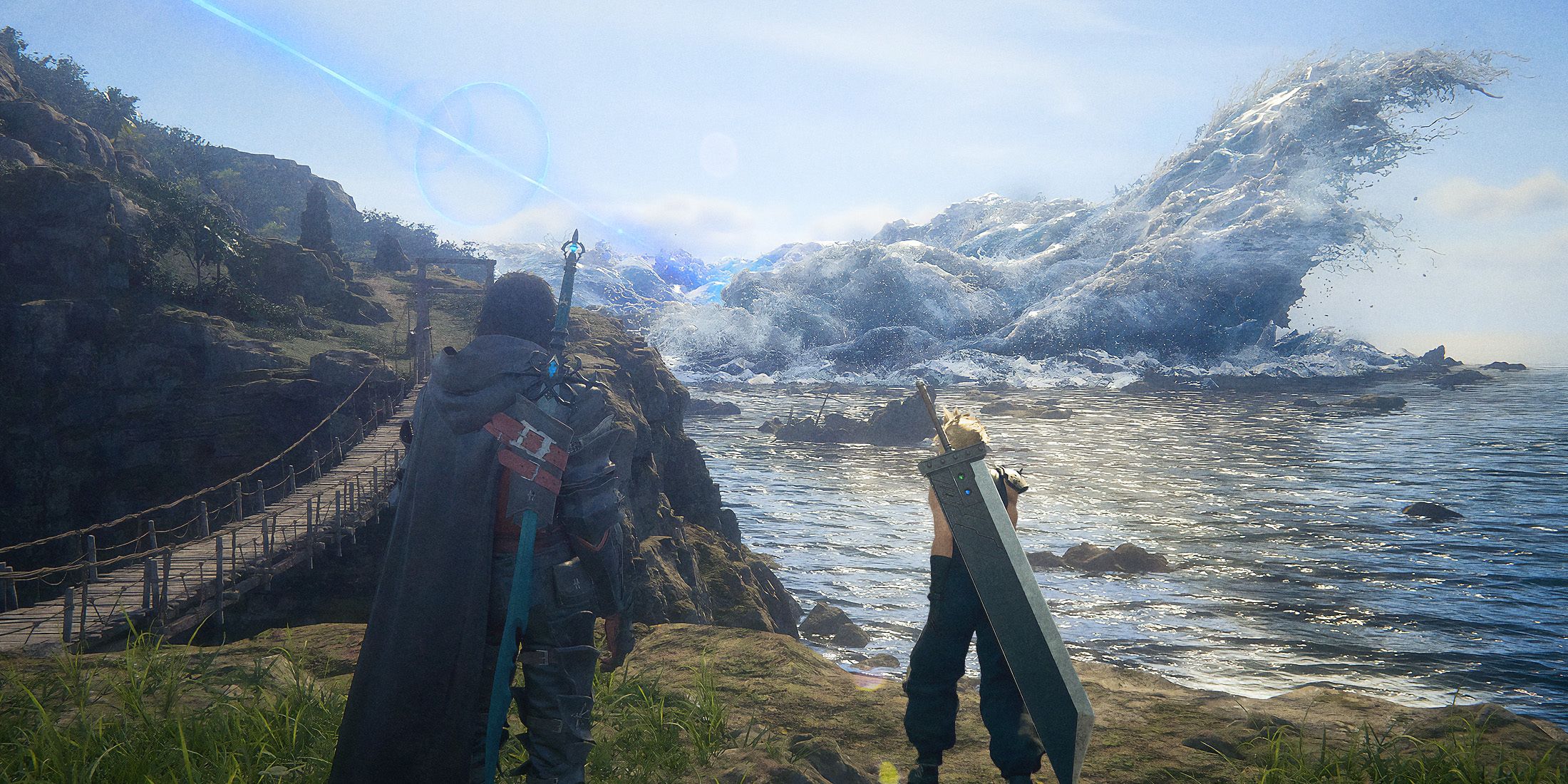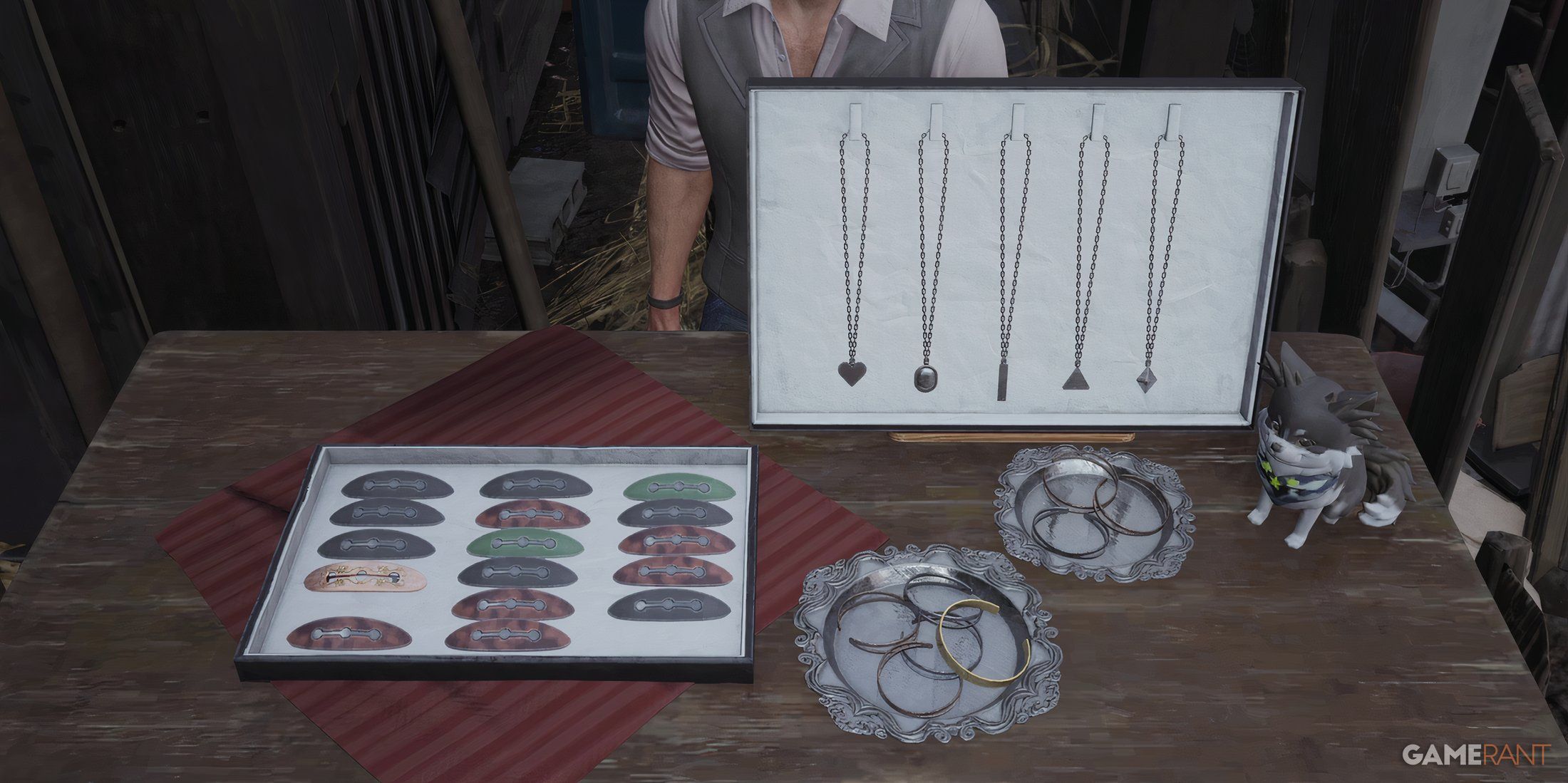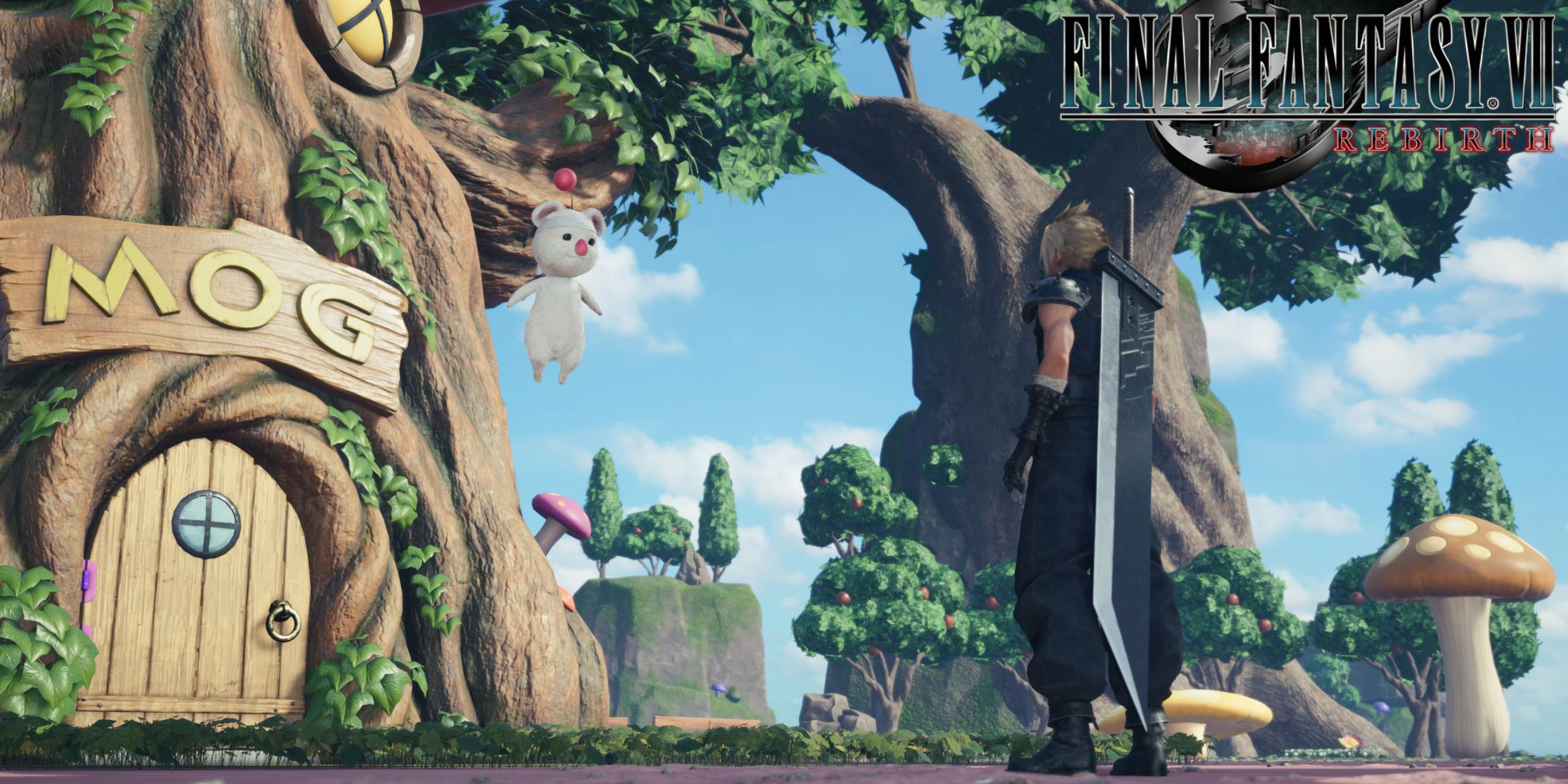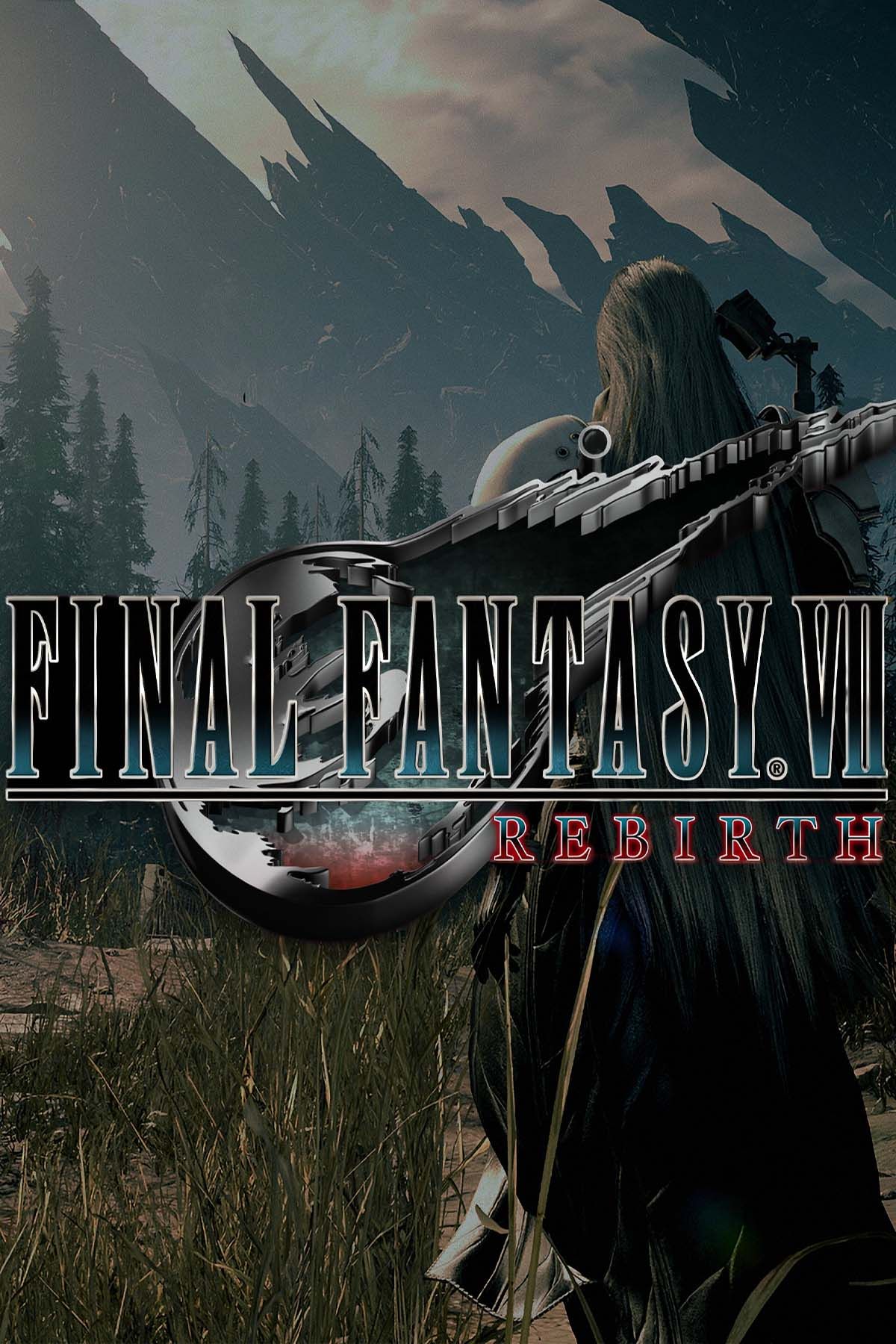By most accounts, Final Fantasy 7 Rebirth is a fantastic game. Much like Remake before it, Rebirth took a slice of the original 1997 Final Fantasy 7 and expanded it into something far beyond what fans at the time ever thought possible. The biggest evolution that Rebirth makes is turning the original's iconic locations into sprawling open-world areas, bringing them to life in a way unlike anything that's come before it.
Naturally, bringing an open-world structure to Final Fantasy 7 Rebirth brought with it plenty of genre staples, from Ubisoft-like watchtowers that purge map fog, to countless collectibles, to a plethora of side missions. Generally speaking, a lot of this open-world content feels substantial and worthwhile to complete, but there's one type of Final Fantasy 7 Rebirth open-world activity that's proven to be quite divisive, and it might lead to Square Enix rethinking its role in the remake trilogy's final installment.

A Potential Final Fantasy 7 Intermission Should Take a Page Out of FF16 Rising Tide’s Book
If Final Fantasy 7 Rebirth gets an intermission episode, it should consider adopting a gameplay activity from Final Fantasy 16's Rising Tide DLC.
Final Fantasy 7 Rebirth's Sequel Should Have Fewer Mini-Games
Mini-Games Are Core to the Final Fantasy 7 Experience
When remaking one of the most beloved games of all time, Square Enix undoubtedly had an impossible time deciding what should and shouldn't make the cut in Final Fantasy 7 Rebirth. The mid-section of the original Final Fantasy 7 – the part that Rebirth reimagines – is filled with iconic moments and gameplay features. Much to fans' surprise, the vast majority of it has made its way to the remake, including the original's penchant for mini-games.
The original Final Fantasy 7 is littered with mini-games, ranging from odd little asides in the main story, like the Wall Market squat minigame, to a fully-fledged arcade in Final Fantasy 7's Gold Saucer that's filled with them. These mini-games look and feel very bare-bones compared to modern standards, but they've garnered a legendary status among fans over the last few decades.
Square Enix knew this all too well and made the right decision to embrace the original's mini-games wholeheartedly, but Final Fantasy 7 Rebirth might have taken things a bit too far.
Final Fantasy 7 Rebirth Went Overboard With its Mini-Games
There are over 20 individual mini-games in Final Fantasy 7 Rebirth, all of which vary wildly in quality. While Queen's Blood is an exceptional card game, Piano Performance is surprisingly complex, and Chocobo Racing is a fun Mario Kart clone, Final Fantasy 7 Rebirth is also home to the infuriating Moogle Mischief, the overly simplistic Jumpfrog, and the awkward-to-control Pirate's Rampage. While a broad spectrum of quality is expected for a game of this scale, it's how Final Fantasy 7 Rebirth implements these mini-games that's the real issue.
The vast majority of Final Fantasy 7 Rebirth's mini-games are forced upon the player, being mandatory parts of the game's main story. In both Costa del Sol and the Gold Saucer, Rebirth's story grinds to a screeching halt while players are forced to complete an array of mini-games, none of which have any bearing on the narrative.
So while there are only a few unsatisfactory Final Fantasy 7 Rebirth mini-games, they all feel so much worse due to how they're presented to the player. There are some iconic mini-games from the original Final Fantasy 7 that still deserve to be reimagined in the remake's final installment, but it's pivotal that they're not made a mandatory part of the story, especially given the stakes of the events that are about to unfold.




